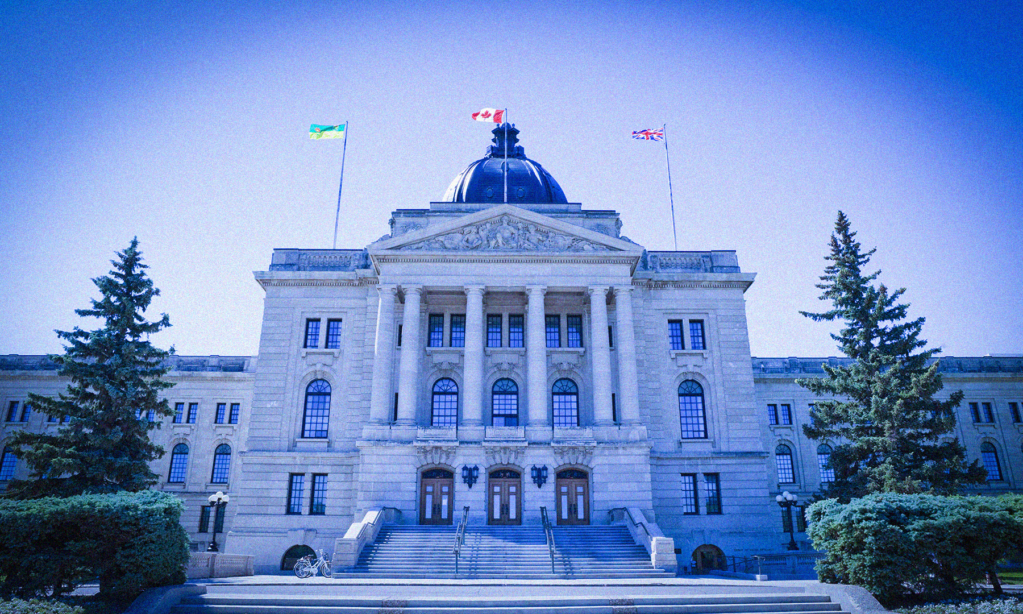Variously described as “one of the most ridiculed documents in a very long time” and “one of the worst documents ever produced by any government,” the Saskatchewan government’s Drawing the Line: Defending Saskatchewan’s Economic Autonomy has been skewered by economists and legal scholars alike as a thoroughly unserious document.
While the Saskatchewan government no doubt deserves the litany of criticisms for producing such a flawed and ramshackle policy paper, the question of who this document is actually for needs further explanation.
It’s obvious it is not supposed to be an object of serious economic inquiry, otherwise it would have at least checked its own math. It certainly isn’t supposed to be mulled over by constitutional legal minds, otherwise it wouldn’t have completely neglected to consider First Nations inherent and Treaty rights.
The only sensible conclusion is that this is more a political document than anything else and it doesn’t augur well for the direction of the Scott Moe government and those that live under it.
I’ve written extensively over the past few years on how political and economic leaders in Western Canada have stoked right-wing populism over energy and environmental issues to advance their own interests. The sound and fury of this populist rhetoric has only increased as the pandemic and the climate crisis have seen the federal government move to enact national environmental and public health standards often at odds with the populists.
Unsurprisingly, a small—but significant—segment of Western Canadians are now convinced that the federal government has nothing but sinister and malicious motives towards the West, and that the impasse can only be resolved via steps towards separation.
While politicians like Scott Moe and new Alberta Premier Danielle Smith have no real desire for separation, they also have no desire to see this populist sentiment abandon them and their respective parties.
Mr. Moe has been particularly concerned with guarding his right flank from the separatist Buffalo Party after their surprising showing in the 2020 provincial election in what had otherwise been rural Saskatchewan Party strongholds. They need to funnel this sentiment into what for them is a politically useful direction.
That’s what all the sovereignty and autonomy talk is really about—a sop to an increasingly alienated base so that they don’t go somewhere else. It’s a way for Western politicians to appear to give the supposed benefits of separation, without the separation. A “wexit-lite.”
The more important question is where this takes us. One unleashes these kinds of political sentiments at their peril, as you can quickly lose control over the fire you have stoked. Drawing the Line is an invitation to Western separatist sentiment to continue to hitch its wagon to Scott Moe and the Saskatchewan Party.
But one must wonder what will happen when these token half-measures of sovereignty and autonomy, like a provincial police force or tax collection, don’t magically resolve the impasse with Ottawa. What can Scott Moe offer the separatists when wexit-lite is not enough for them?







